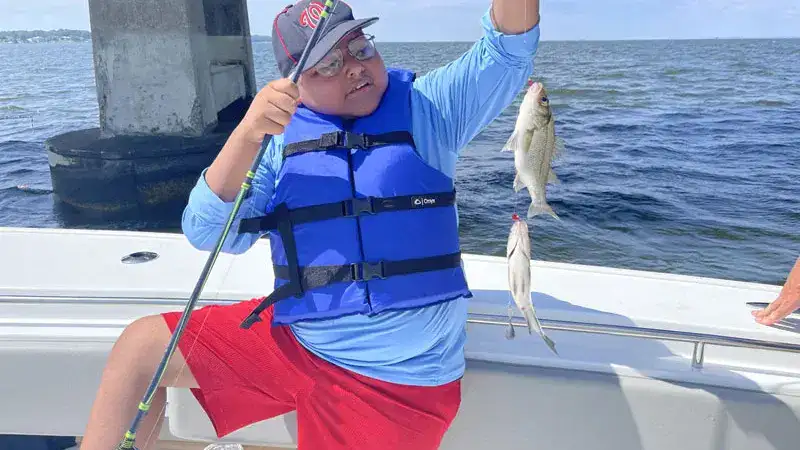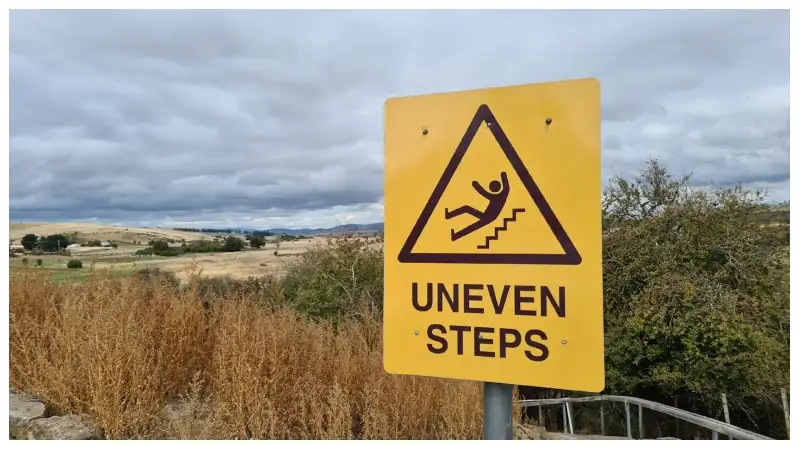Key Takeaways
- Planning a fishing trip involves choosing the right location, gear, and season.
- Understanding local fishing regulations is crucial to avoid fines and ensure a safe trip.
- Preparation and organization can make your fishing trip more enjoyable and productive.
Table of Contents
- Choosing the Right Location
- Essential Gear Overview
- Understanding Fishing Seasons
- Knowing Local Fishing Regulations
- Preparation Tips
- Safety First
- Enjoying the Journey
Choosing the Right Location
Finding the perfect fishing spot is the first step to a successful trip. As a beginner, it’s essential to consider places renowned for good catches, that are easily accessible, and that fit your preferred fishing method. Depending on your preference, coastal areas, local lakes, and riverbanks can provide excellent fishing experiences. For instance, Panama City Beach deep sea fishing offers an exciting opportunity for novices and seasoned anglers to experience exhilarating fishing adventures amidst beautiful scenery. Nearby locations might also have experienced guides who can teach you the ropes. Online resources like fishing reports and detailed fishing maps can offer valuable insights into the best places for fishing trips, allowing you to know where to go for the best chances of a rewarding catch.
Essential Gear Overview
Having the right equipment is crucial for fishing, especially for beginners. Begin with a rod and reel set appropriate for the fishery you intend to engage in. Freshwater and saltwater fishing require different gear types, so choosing accordingly is essential. Beyond the rod and reel, you’ll need a well-stocked tackle box filled with fishing lines, hooks, bobbers, sinkers, lures, and other essential accessories. Investing in quality equipment, even at the beginner level, can enhance your chances of success and make the experience more enjoyable. Furthermore, it is recommended to consult online resources or visit nearby bait and tackle stores for individualized guidance and suggestions on the equipment to utilize. For beginners, simpler is often better. A basic setup reduces the complexity and makes it easier to focus on learning fishing techniques rather than managing complicated equipment. As you become more experienced, you can slowly enhance your equipment to match your advancing abilities and individual requirements. Remember essentials like a fishing hat, sunglasses for glare reduction, and a comfortable chair if you plan a long day by the water. These small additions can significantly enhance the comfort and enjoyment of your fishing trip.
Understanding Fishing Seasons
Fish behavior and availability change with the seasons, significantly influencing your fishing experience. Understanding these patterns can determine the success of your trip. Spring and fall are the best times for fishing because of the mild weather and increased fish movement. However, the best season can vary widely depending on your fishing location. Resources like seasonal fishing forecasts can help you identify optimal fishing times and plan accordingly. Different fish species have specific spawning seasons, and being aware of these can notably increase your chances of a catch. For example, bass are typically more active during their spawning season in late spring, while trout may be more available in early fall. Seasonal conditions, such as water temperature and weather patterns, impact where fish congregate and how likely they are to bite. Researching and understanding these seasonal behaviors can enhance your fishing efforts and make each trip more productive and enjoyable.
Knowing Local Fishing Regulations
To ensure compliance with local laws and promote sustainable fishing practices, it’s essential to familiarize yourself with local fishing regulations before your trip. These laws include obtaining the necessary fishing licenses, adhering to size and catch limits, and understanding restricted or protected areas. Regulations differ widely across states and countries, making it crucial to research the specific rules of your fishing destination. Doing so helps avoid fines and penalties and ensures you contribute positively to conserving fish populations and habitats.
Fishing without proper knowledge of the local regulations can lead to hefty fines and, worse, deplete fish populations in the area. Local Fish and Wildlife Department websites provide up-to-date regulations and guidelines. Some regions might have specific requirements for catch-and-release fishing to preserve certain species. Adhering to local rules helps maintain the ecosystem and ensures the fishing experience is enjoyable for future anglers. Ethical fishing practices, such as reporting illegal activities and following catch limits, are crucial in maintaining healthy fish populations.
Preparation Tips
Good planning is essential for a productive and fun fishing excursion. Be sure to bring essential items like sunscreen for UV protection, snacks for energy, a first-aid kit for minor injuries, and lots of water to stay hydrated. If you’re not already certified, consider signing up for CPR training near me to be fully prepared for any emergencies. A detailed checklist ensures you don’t forget any critical items. Additionally, checking the weather forecast a day before your trip is vital to provide favorable conditions and make any necessary adjustments to your plans. Organizing your gear and supplies is also important. Have a dedicated bag or container for your fishing essentials to keep everything in one place and easily accessible. Organizing your meals and snacks in advance can help you save time and enable you to enjoy your journey thoroughly. For those planning a trip to a more remote location, having a portable charger for your devices and a small, personal locator beacon for emergencies might be helpful. Getting ready ahead of time saves time and prevents any last-minute problems that may ruin the overall enjoyment of your fishing trip, guaranteeing a seamless and pleasant experience.
Safety First
Safety is paramount on any fishing adventure. Wear the proper attire, such as layers that can be modified based on the weather, and always have a hat and sunglasses for sun protection. Life jackets are non-negotiable and should always be worn if you’re fishing from a boat. Also, inform someone of your fishing plans, location, and expected return time, especially if you travel alone. A charged mobile phone, a map, or a GPS device is also advisable if you need to call for help or navigate unfamiliar areas.
Bringing a first-aid kit equipped with bandages, antiseptic wipes, and any personal medications is necessary. Familiarize yourself with basic first-aid procedures, especially fishing-related ones, like safely removing hooks. Avoid unfamiliar or potentially dangerous areas, and always be aware of your surroundings. Taking these precautions can prevent accidents and ensure your trip is enjoyable and safe, providing peace of mind as you enjoy your fishing experience.
Enjoying the Journey
Fishing trips are about much more than just catching fish—immersing yourself in nature and spending quality time with friends or family. Take the time to enjoy the beautiful surroundings, relax, and appreciate the experience. Even if you don’t catch anything, the memories you create, the tranquility you feel, and the stories you gather make every trip worthwhile. Engage with fellow anglers, share stories, and learn from their experiences. This interaction can enrich your fishing adventures, making each outing a valuable and memorable experience.
In addition to fishing, consider incorporating other activities into your trip, such as hiking, bird watching, or enjoying a picnic by the water. It can create a well-rounded outdoor experience and offer opportunities to discover new hobbies and interests. Remember, the trip aims to create lasting memories and enjoy the serenity that nature provides. Whether the excitement of your first catch or the peaceful moments spent by the water, every aspect of the journey will be cherished. see more…



